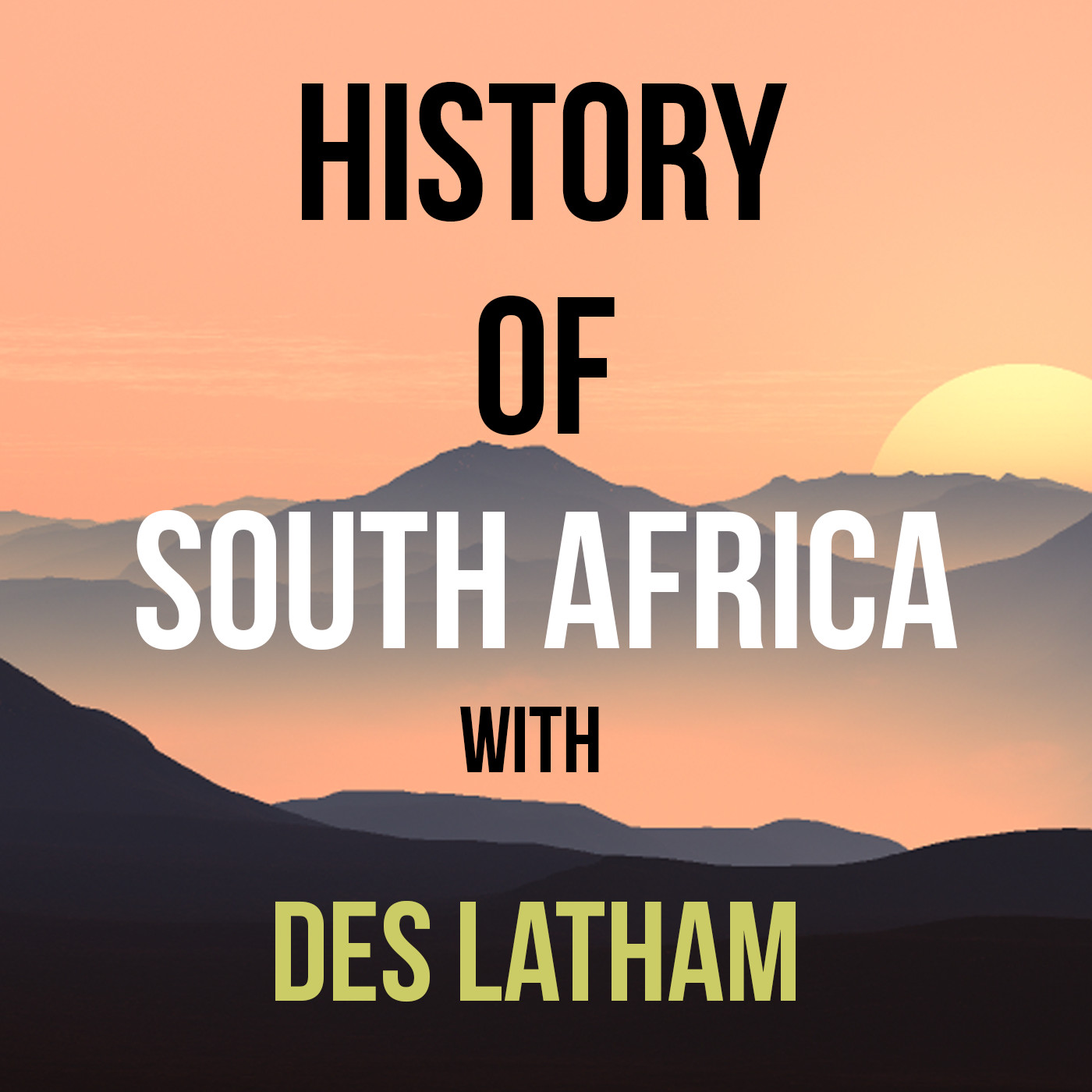- History
- SEE MORE
- classical
- general
- talk
- News
- Family
- Bürgerfunk
- pop
- Islam
- soul
- jazz
- Comedy
- humor
- wissenschaft
- opera
- baroque
- gesellschaft
- theater
- Local
- alternative
- electro
- rock
- rap
- lifestyle
- Music
- como
- RNE
- ballads
- greek
- Buddhism
- deportes
- christian
- Technology
- piano
- djs
- Dance
- dutch
- flamenco
- social
- hope
- christian rock
- academia
- afrique
- Business
- musique
- ελληνική-μουσική
- religion
- World radio
- Zarzuela
- travel
- World
- NFL
- media
- Art
- public
- Sports
- Gospel
- st.
- baptist
- Leisure
- Kids & Family
- musical
- club
- Culture
- Health & Fitness
- True Crime
- Fiction
- children
- Society & Culture
- TV & Film
- gold
- kunst
- música
- gay
- Natural
- a
- francais
- bach
- economics
- kultur
- evangelical
- tech
- Opinion
- Government
- gaming
- College
- technik
- Jesus
- Health
- movies
- radio
- services
- Church
- podcast
- Education
- international
- Transportation
- Other
- kids
- podcasts
- philadelphia
- Noticias
- love
- sport
- Salud
- film
- and
- 4chan
- Disco
- Stories
- fashion
- Arts
- interviews
- hardstyle
- entertainment
- humour
- medieval
- literature
- alma
- Cultura
- video
- TV
- Science
- en
Episode 25 The Xhosa social system and the TrekBoer Economy is born

This is episode 25 and we\u2019re following the early history of the Xhosa. They were about to come into direct contact with the Dutch expanding from the Cape Peninsular.
\nRemember last episode we heard about the growing bizarre behaviour by Gcaleka who was one of Phalo\u2019s sons \u2013 and his propensity to believe himself a diviner. That was after he escaped drowning in the musical sounding Ngxingxolo River.
\nPhalo died in 1775 \u2013 but Gcaleka who became chief died only three years later. I was going to cover the infighting between Gcaleka and his brother Rharhabe but will leave that for a little later. We\u2019re following the years of history here in a timeline format and I don\u2019t want us to get ahead of ourselves.
\nJust a few comments about the Xhosa social system which is going to have a bearing on our story as the Trek Boers came up against their clans.
\nThe matrix of Xhosa political and social organization was the small village led by the homestead-head.
\nHe and sometimes she, was drawn into wider relationships partly through membership of a patrilineage. His brothers, their father and his brothers, their grandfather and his brothers and so on for four or five generations to the earliest ancestor remembered by all these lineages.
\n
\nSo it was an extension of time and space where it was father and his sons, and their uncles and their sons, uncles and their nephews, elder brothers and younger brothers.
\n
\nThe elevation of the amaTshawe to the position of royal clan did not alter these existing linealogies, the chiefs still referred to each other as older brother or umkhuluwa or younger brother known as umninawa. The king was known as inkosi enkhulu which literally meant big chief, but also means the chief who is the eldest son.
\nWith that, its time to head back south to the expanding Dutch settlement in the Cape of the early 1700s. We\u2019ll return to the Xhosa soon.